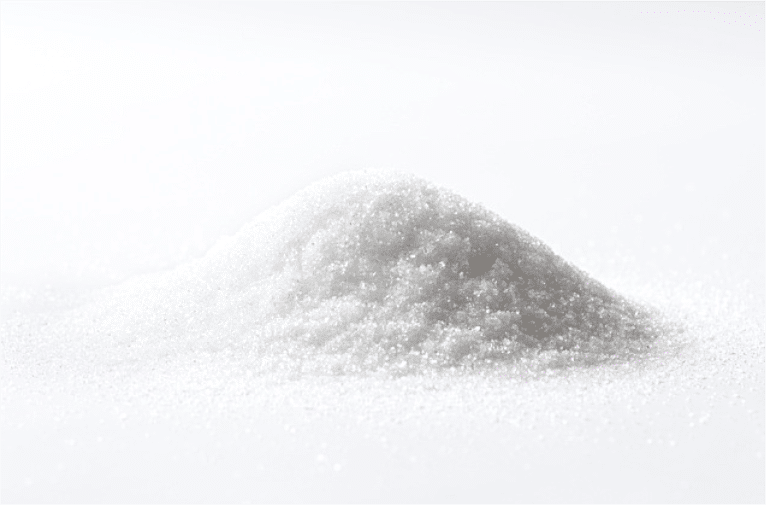
l cysteine hydrochloride
Source your l cysteine hydrochloride from Gensei, a leading supplier committed to quality and reliability. Our l cysteine hydrochloride is a vital ingredient in various formulations. While l cysteine hydrochloride side effects are typically mild, we provide comprehensive safety information for responsible use. Understanding the l-cysteine hydrochloride monohydrate molecular weight is essential for accurate calculations in your applications. Gensei ensures a consistent supply of high-purity l cysteine hydrochloride to meet your production demands. Contact us for more information.
Please note: We are a wholesale supplier and have minimum order quantities.
Have questions about this product? Our team is here to help. For inquiries about multiple ingredients, please use the Contact Us option and include the list of ingredients in your message.
L Cysteine Hydrochloride CAS No.: 52-89-1
Synonyms:
- L-Cysteine HCl
- Cysteine hydrochloride
- (R)-Cysteine hydrochloride
- 3-Mercapto-L-alanine hydrochloride
- H-Cys-OH·HCl
CB Number: CB1969086
Molecular Formula: C₃H<0xE2><0x82><0x87>NO₂S · HCl
Molecular Weight: 157.62 g/mol
MDL Number: MFCD00002643
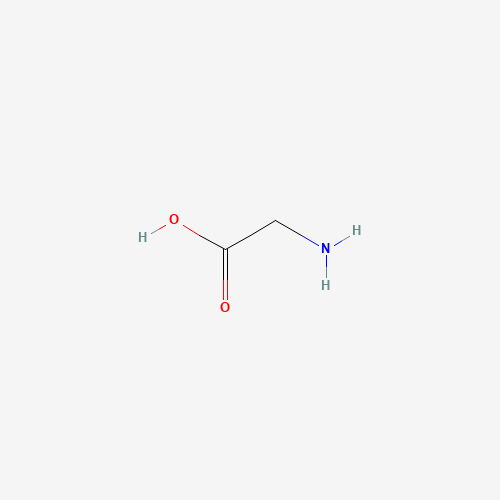
L Cysteine Hydrochloride Manufacturing Process Flowchart
L Cysteine Hydrochloride is often produced through the hydrolysis of keratin-containing materials or through microbial fermentation. This flowchart outlines a general process.
(e.g., Keratin from Feathers or Hair,
or Fermentation Substrates)
(Acid or Enzymatic Hydrolysis of Keratin
or Microbial Fermentation to Produce L-Cysteine)
(Removal of Solids, Impurities,
and Byproducts through Filtration,
Centrifugation, Chromatography etc.)
(Reaction with Hydrochloric Acid)
(Evaporation to Increase L Cysteine Hydrochloride Concentration)
(Formation of L Cysteine Hydrochloride Crystals through Controlled
Cooling and/or Solvent Addition)
(Isolation of L Cysteine Hydrochloride Crystals by Filtration or Centrifugation)
(To Remove Residual Impurities from the Crystals)
(Removal of Residual Moisture using Techniques
like Air Drying or Vacuum Drying)
(To Achieve Desired Particle Size and Uniformity)
(Testing for Purity, Assay, Heavy Metals,
Microbiological Contamination etc.)
(Into Bags, Drums, or Other Suitable Containers)
This flowchart provides a general overview of the L Cysteine Hydrochloride manufacturing process. Specific steps and methods may vary depending on the manufacturer and the chosen production route.
Our State-of-the-Art Manufacturing Facilities
Explore our modern facilities equipped with advanced technology to ensure the highest quality in the production of your vitamins, herbal extracts, minerals, and amino acids.


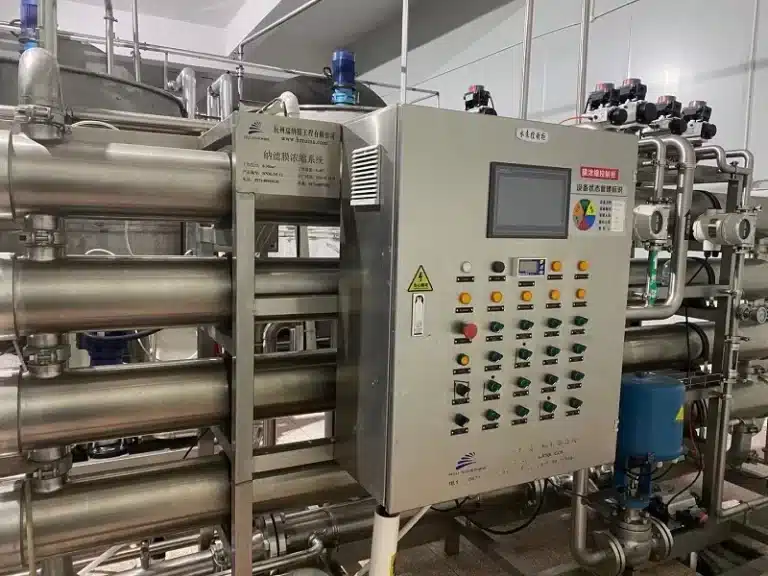
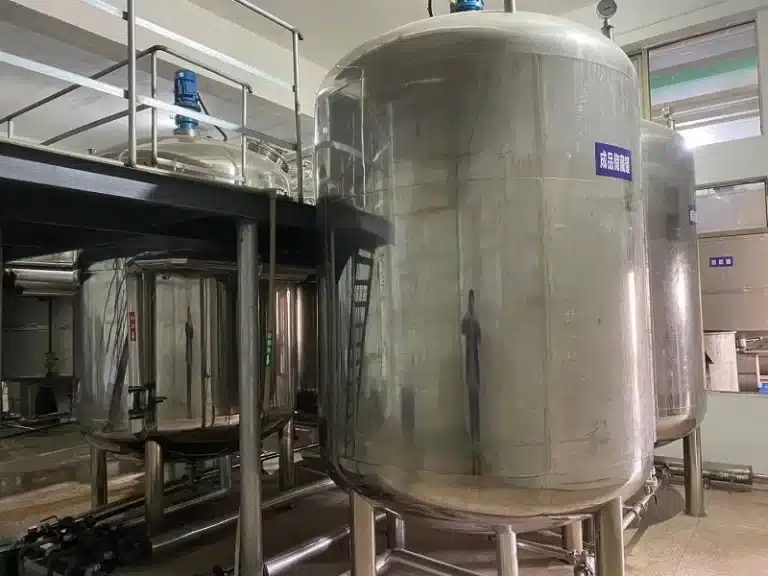
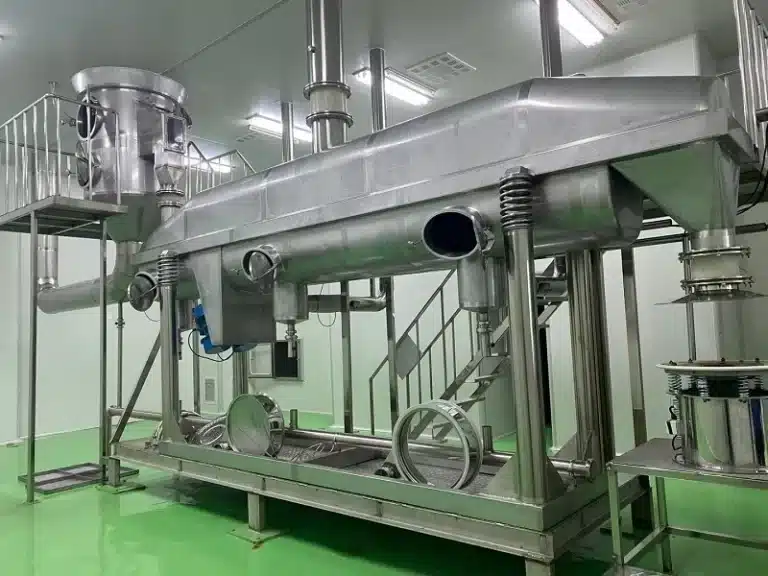






FAQs
L Cysteine Hydrochloride is the hydrochloride salt form of the amino acid L-Cysteine. It is a semi-essential amino acid, meaning the body can produce it but may also require it from dietary sources under certain conditions.
It is used in various applications, including as a dietary supplement, in pharmaceuticals, as a food additive (e.g., in baking to improve dough texture), and in cosmetics.
It is a precursor to glutathione, a powerful antioxidant in the body. It may also help with detoxification, support immune function, and promote hair and nail growth.
Typical dosages vary but often range from 500 mg to 1000 mg per day. It's best to follow product label instructions or consult with a healthcare professional.
While generally considered safe, some individuals may experience mild gastrointestinal issues such as nausea, vomiting, or diarrhea, especially at higher doses. High doses may also potentially interact with certain medications.
L Cysteine Hydrochloride is the salt form of L-Cysteine. The hydrochloride salt is more stable and has better solubility compared to free L-Cysteine.
It should be stored in a cool, dry place away from light and moisture to maintain its stability and potency.
It can be taken with or without food. Some individuals may find it better tolerated with food to minimize potential gastrointestinal discomfort.
High doses of L Cysteine Hydrochloride may potentially interact with certain medications, such as those for diabetes or certain psychiatric conditions. It's important to inform your doctor if you are taking this supplement.
The source of L-Cysteine used to produce L Cysteine Hydrochloride can vary. If it is derived from keratin (e.g., from feathers or hair), it may not be considered vegan. Fermentation-derived L-Cysteine Hydrochloride is typically vegan. It's best to check with the supplier or manufacturer for the specific source.
1. Pharmaceutical Industry:
- Mucolytic Agent: L-cysteine hydrochloride is used as an expectorant and mucolytic agent to help break down thick mucus in the respiratory tract. It is often found in cough and cold remedies to help relieve congestion associated with bronchitis, emphysema, and other respiratory conditions.
- Treatment of Acetaminophen Overdose: In cases of acetaminophen (paracetamol) overdose, N-acetylcysteine (NAC), a derivative of L-cysteine, is a standard treatment. NAC helps to restore glutathione levels in the liver, which is crucial for detoxifying the harmful metabolite of acetaminophen. While L-cysteine itself can potentially serve a similar role, NAC is the more commonly used form for this specific purpose.
- Metabolic Disorders: L-cysteine hydrochloride may be used in the management of certain metabolic disorders where cysteine levels are low or where there is a need to support specific biochemical pathways.
2. Dietary Supplement:
- Precursor to Glutathione: L-cysteine is a key precursor to glutathione, a powerful antioxidant that plays a vital role in protecting cells from damage caused by free radicals, supporting immune function, and aiding in detoxification processes in the liver.
- Antioxidant Support: By increasing glutathione levels, L-cysteine hydrochloride is often taken as a dietary supplement for its antioxidant properties.
- Detoxification Support: It is believed to help the body detoxify harmful substances.
- Hair and Nail Health: Some people take L-cysteine hydrochloride to support healthy hair and nail growth, as cysteine is a component of keratin, the main protein in these tissues.
3. Food Industry:Dough Conditioner: L-cysteine hydrochloride is used as a dough conditioner in the baking industry. It helps to weaken the gluten structure in dough, making it softer, more elastic, and easier to handle. This can reduce mixing time and improve the texture of baked goods.
- Flavor Enhancer: It can also be used as a flavor enhancer in some food product
4. Cosmetics Industry:
- Hair and Nail Care Products: L-cysteine hydrochloride is sometimes included in hair and nail care products due to its role in keratin production. It is believed to help strengthen and improve the appearance of hair and nails.
5. Research and Laboratory Use:
- L-cysteine hydrochloride is used in various biochemical and pharmaceutical research applications.

